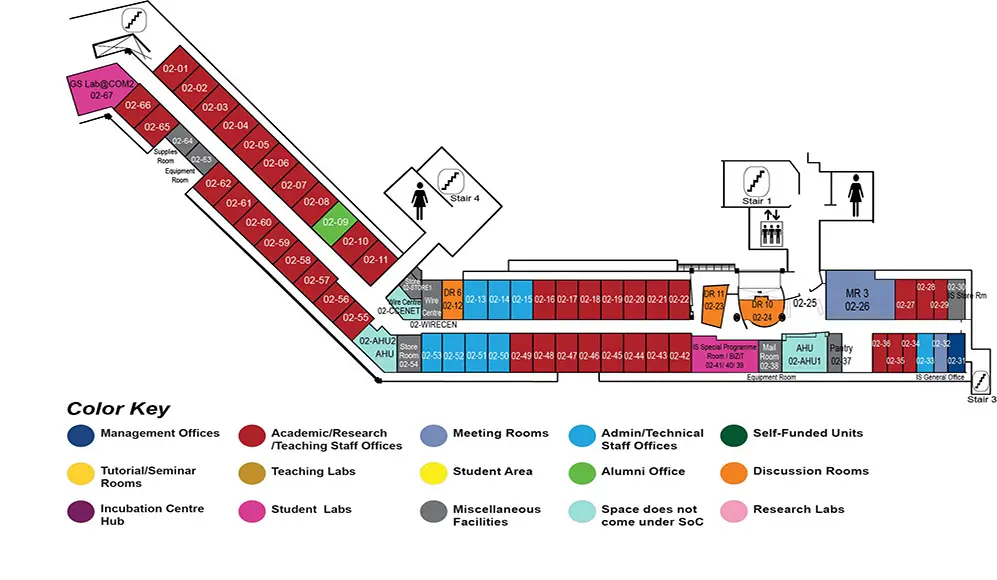Investigating Digital Divide through Value Co-Creation: Evidence from Agricultural Communities in China
COM2 Level 2
MR3, COM2-02-26

Abstract:
The thesis focuses on the digital divide issue among populations who have not benefited from the use of information technologies (IT), which I term as the digitally-deprived communities. A major theoretical gap in the current body of knowledge on digital divide research is that scant attention has been paid to the demand side of digital innovations to bridging the digital divide. Voices from the intended users on the demand side are indispensible components in designing and delivering relevant technological artifacts. Most failure cases of digital innovation initiatives in developing regions attribute to their inadequate research into the needs and constraints of the intended users. To address this research gap, the thesis presents two studies: (1) a design science study that aims to develop the principles underlying the design of IT artifacts for the intended users in the digitally-deprived communities and (2) an interpretive case study that aims to reveal the process through which digitally-deprived communities engage in co-creating IT value. Both studies are contextualized by a typical example of digitally-deprived communities, the agricultural sector in China. The two parts of the thesis altogether provide both descriptive and prescriptive knowledge to practitioners who are involved in the delivery of IT to the digitally-deprived communities.
First, the enduring digital divide between communities within and across countries highlights the need for more effective designs of IT artifacts that directly pertain to the context of use for digitally-deprived communities. To advance the existing body of knowledge that describes and prescribes design activities in conditions of digital deprivation, the first study aims to develop a set of design principles that can guide the development of design practices and theories in communities that have limited exposure to digital technologies. Using a design science approach and a design theory framework, this study is based on the development of two mobile prototypes and their evaluation through interactions with 20 farming sites in rural and suburban China. In this study, I delineate the design context of the intended users based on four dimensions: physical, digital, capability and social conditions. I then draw from the design experience five principles that can guide the design of technological artifacts in communities that reflect high levels of digital deprivation across the four dimensions, namely progressive digitalization, symbolic flexibility, knowledge alliance, local-norm adaptation, and human involvement. The findings have direct implications for practitioners who are involved in digital innovation for agricultural communities, particularly in countries that are socio-economically similar to China. The study concludes with a more generalizable, yet contextualized, IS design theory for empowering digitally-deprived communities throughout the design process.
Second, as digital innovation is increasingly dependent on the participation of the intended users in co-creating IT value, people in digitally-deprived communities are often excluded from these co-creation processes, which exacerbates the digital divide between them and the digitally-rich communities. The shift of digital divide from access to co-creation of digital products or services, therefore, calls for an attention to understanding how to engage digitally-deprived communities in co-creating IT value that is relevant to their own context. Building on concepts from the value co-creation and the technology affordance lens, the second study aims to advance our understanding on how value co-creation efforts are inhibited or enabled in digitally-deprived communities. Specifically, two forms of agricultural communities in China, including ten family farms and ten corporate farms, are examined in terms of their participation in co-creating IT value for agricultural productivity and sustainability. Using an affordance lens, I found that value co-creation conditions are enabled through three mechanisms: affordance retrospection, affordance exploitation and affordance prospection. The study also shows that the lack of prior experience with digital artifacts limits the range of affordances that potential users can perceive in new technologies, which inhibits them from effectively co-creating IT value. The study then suggests that expanding the range of affordances that are cognitively available to users is important for creating an environment that is conducive to value co-creation.

